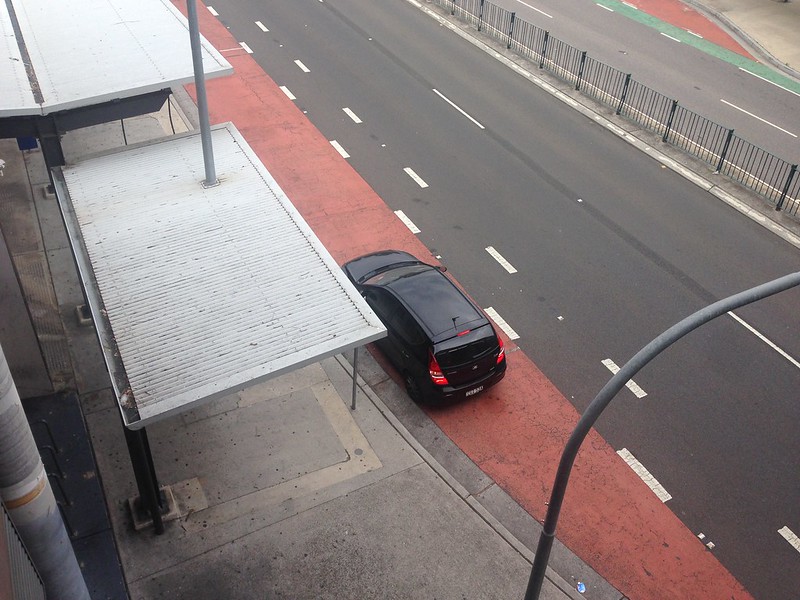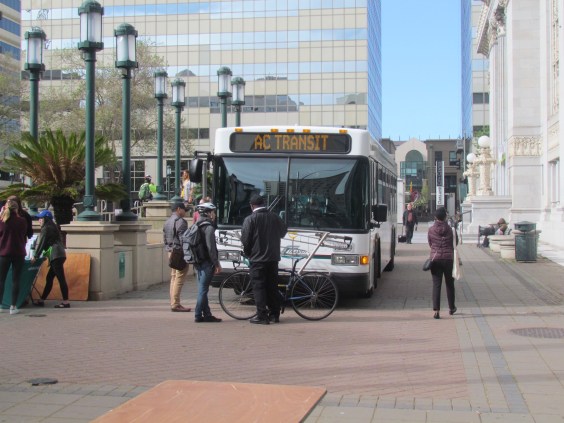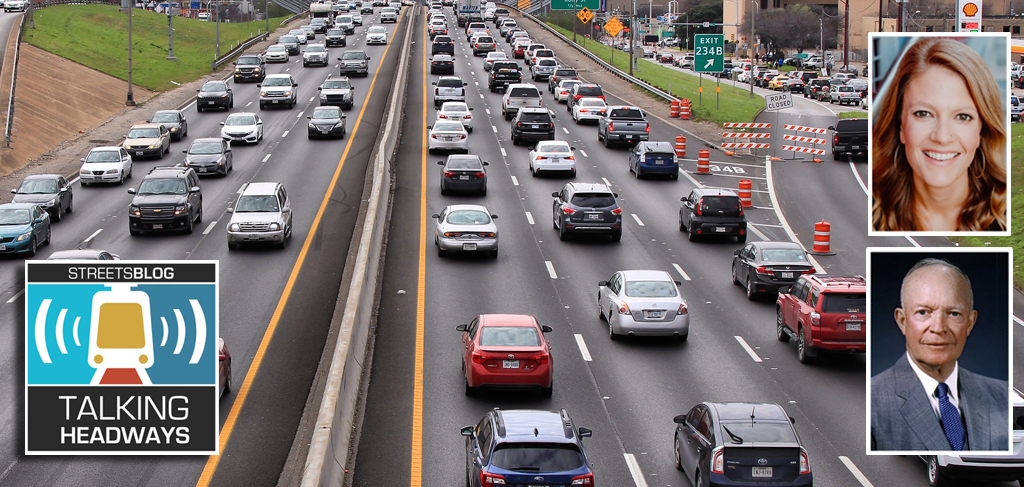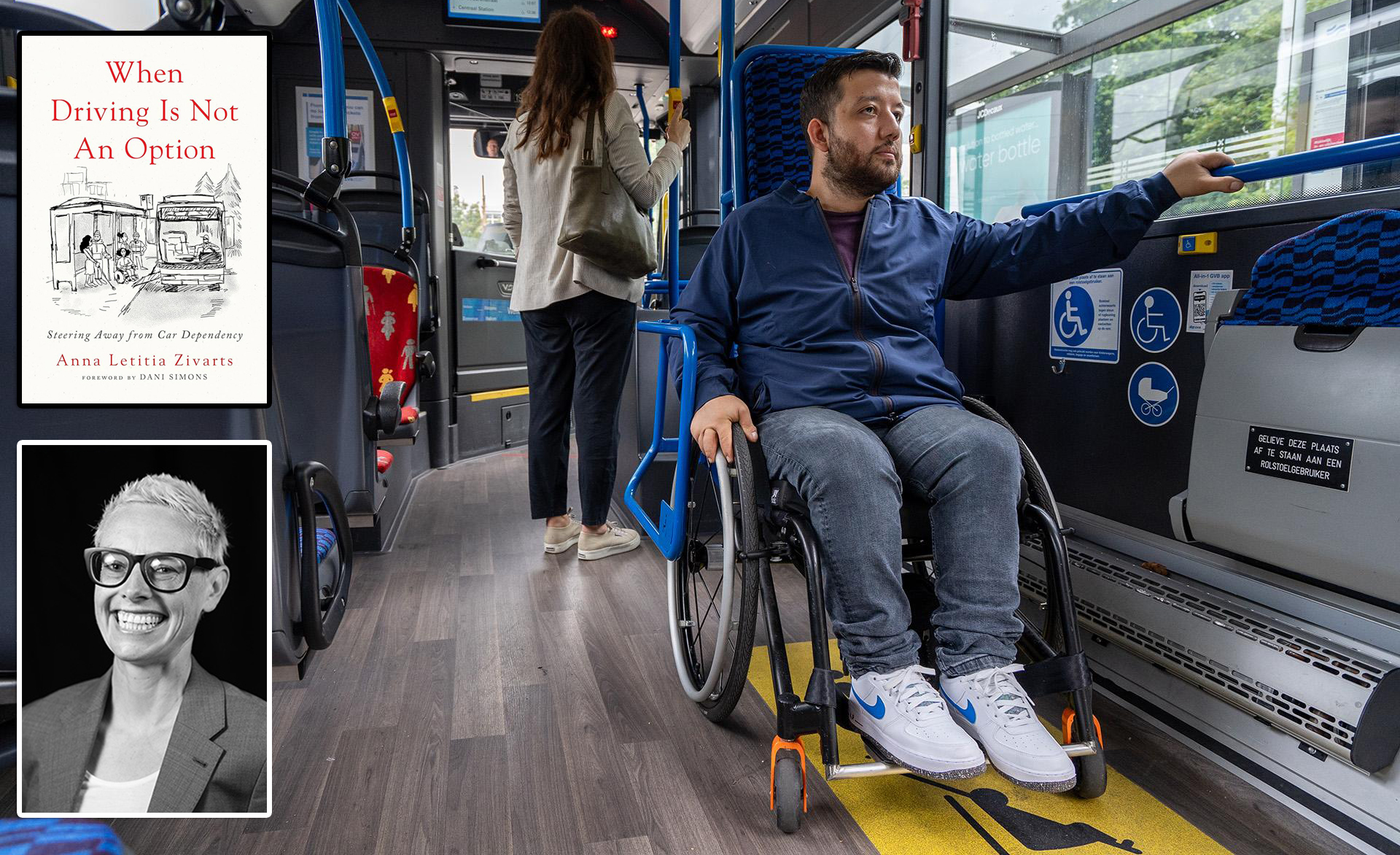The District of Columbia is becoming the first community in America use AI-powered enforcement cameras to catch drivers who block bus stops and bus lanes — and advocates are hoping the initiative will inspire other communities to embrace technology they say can provide faster, safer, and more reliable service for riders.
The program, a joint venture between the Washington Metropolitan Area Transit Authority (WMATA), District Department of Transportation (DDOT), and Hayden AI, will install about 140 systems on top of buses and along roadsides along 31 routes in the District this summer. The plan also lays the groundwork to add up to 600 systems over the next decade.
“The goal of this program is to make transit ridership a better option,” said Charles Territo, Chief Growth Officer at Hayden AI. “The number one reason why people say they don't ride buses is because of the speed and the reliability of the routes. Our hope is that we can provide a technology that can affect both of those.”
Like many other U.S. cities, the District has struggled to deliver the efficient bus service its residents need on car-dominated roads, with bus speeds decreasing nine percent over the last 15 years, according to a Metro’s Clear Lane Proposal documents. And while DDOT plans to ratchet up the number of dedicated bus lanes from 17 miles in 2022 to 120 in 2029 as part of its $101.1 million Bus Priority Initiative, those lanes may not speed up service much if private motorists illegally park in them.
With the Clear Lanes program, though, cameras will capture data along the entire route in real time and send the information to DDOT, who will issue the tickets to violators. Metro will pay about $4.6 million to install and maintain the program, while costs for the transportation department are estimated at about $3.1 million for the next two years. If successful, the initiative could improve service for about 37 percent of Metrobus riders.
Expanding a national trend
D.C.'s automated enforcement push builds on a national movement to keep bus lanes open more broadly. Perhaps most notably, the New York’s Metropolitan Transportation Authority (MTA) launched a similar program last fall, with Hayden installing about 500 of the new systems throughout the Big Apple. Though the tech is not currently authorized to ticket for stop blockages under New York State law, the city has still doled out more than 224,000 bus lane violations since launching the program, generating about $11 million in revenue in the process. And the tech appears to be effective at preventing future violations, too: about 86 percent of NYC motorists only received one ticket, and some camera sites have experienced a decrease in collisions as well.
“The fewer times the bus needs to leave that lane, the lower the risk is for that bus to be involved in some kind of a collision,” Territo explains.
California also recently passed legislation to pave the way for bus lane and bus stop camera enforcement in the Golden State. And Territo says the potential of this technology could be game-changing for more transit officials across America in the future.
"From a technology perspective, there's no question that the data that's provided and generated as part of this program could be very helpful in the future, as agencies look to provide more reliable information about a bus about the route or the schedule of the bus,” he adds.






